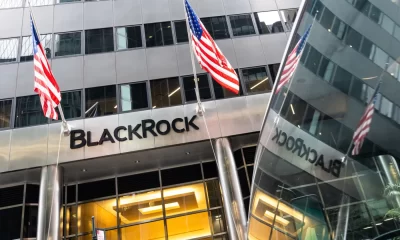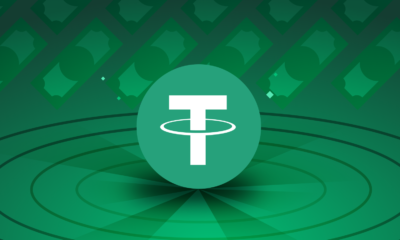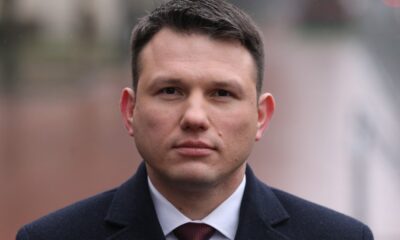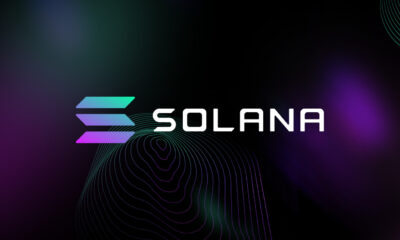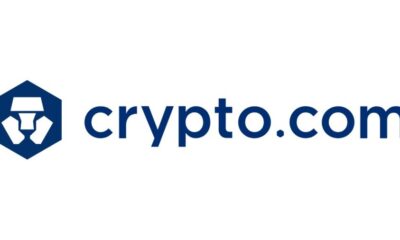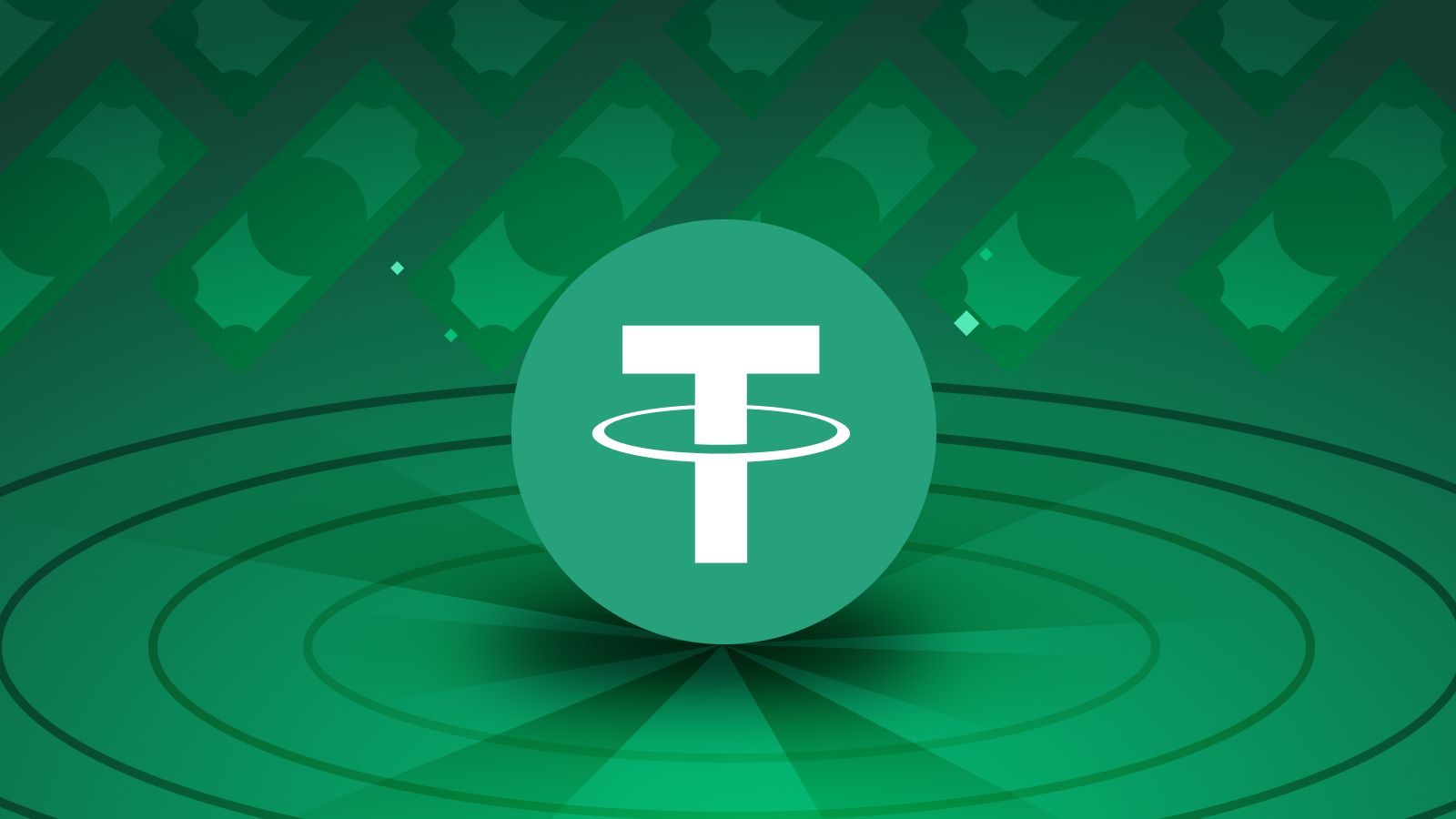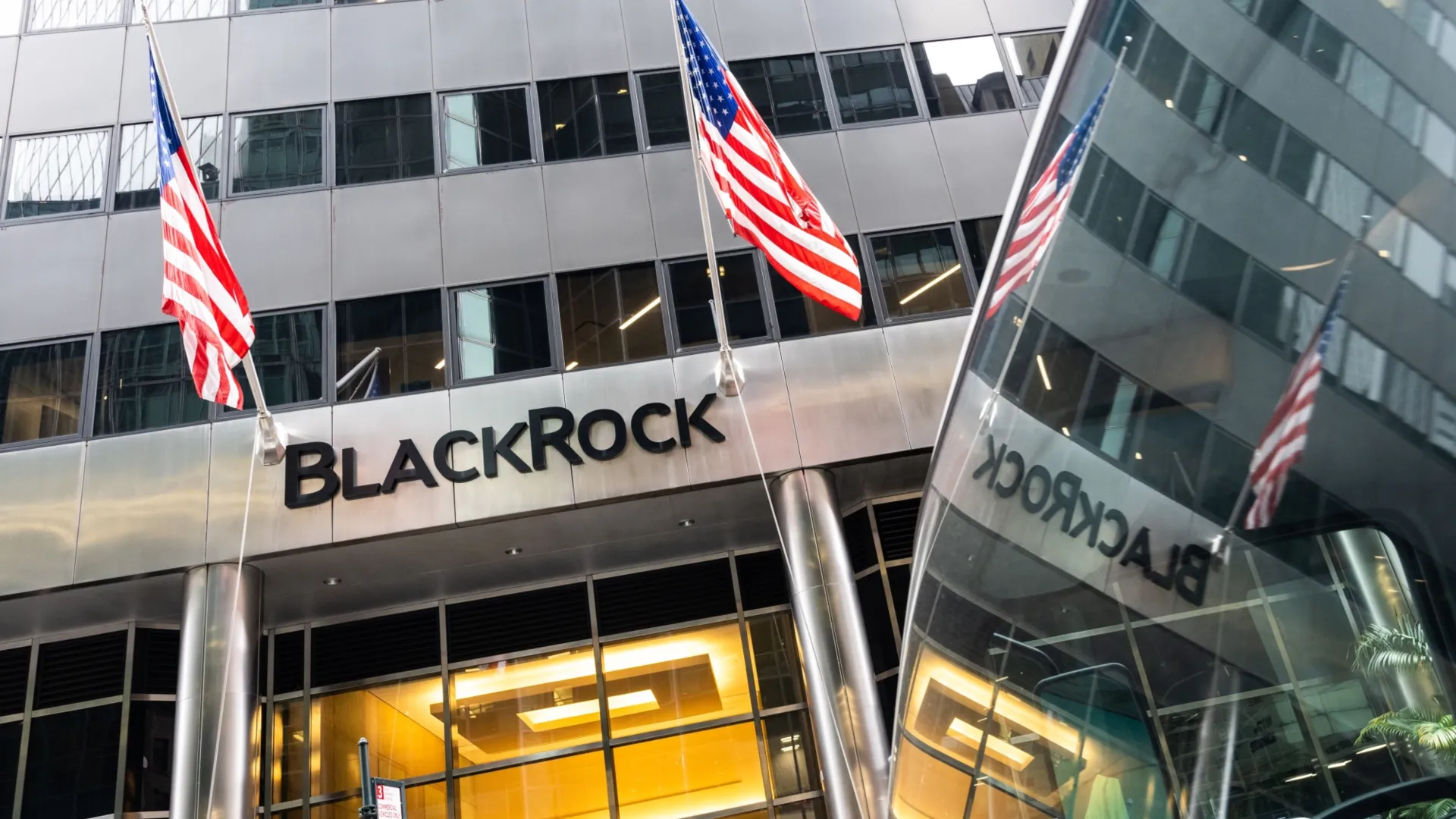Business
Thala recovers $25.5M in crypto lost through v1 farming vulnerability
-

 Business6 days ago
Business6 days agoCoinbase stock breaks $300 for first time since 2021
-
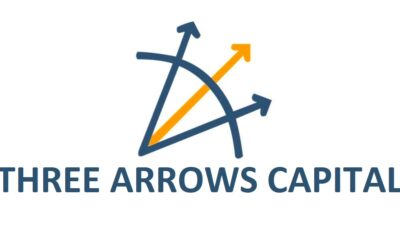
 Business4 days ago
Business4 days agoThree Arrows Capital seeks to increase claim against FTX to $1.5B
-

 Business4 days ago
Business4 days agoCardano Foundation held $478M in assets in 2023
-
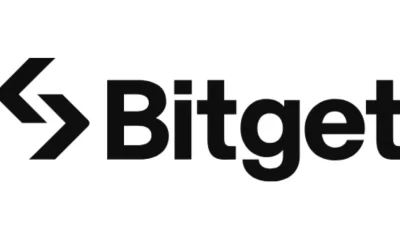
 Business1 week ago
Business1 week agoBitget Wallet launches $20M grant for Telegram Mini Apps
-
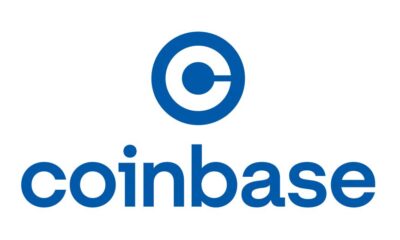
 Business5 days ago
Business5 days agoCoinbase launches COIN50 Index to track digital assets
-

 Business4 days ago
Business4 days agoCrypto scam launderer pleads guilty to role in $73M scheme
-

 Business4 days ago
Business4 days agoMoonPay boosts self-custodial crypto spending with new solution
-

 Business5 days ago
Business5 days agoPayPal USD links with LayerZero for transfers between Ethereum and Solana



